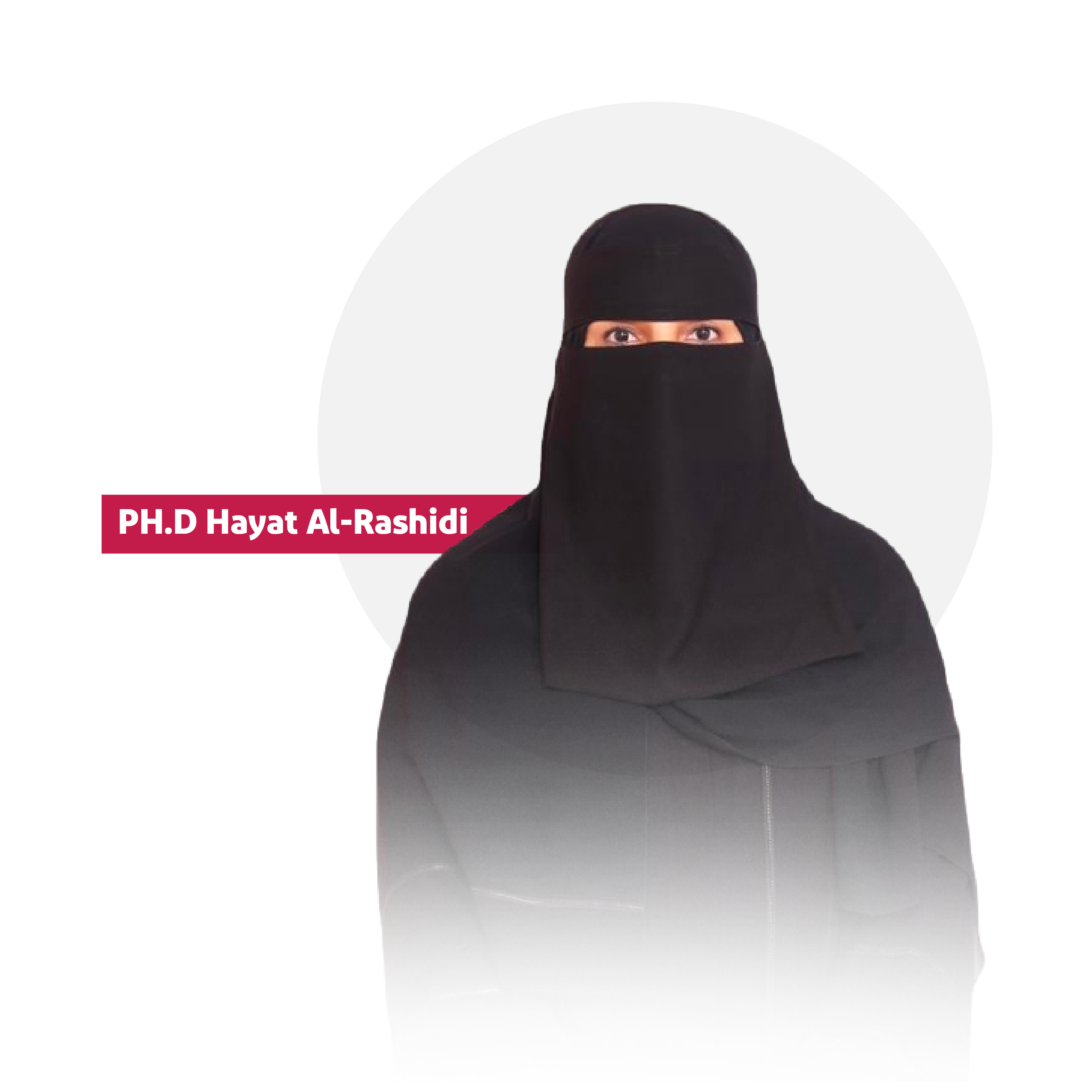
Turkish drama or intellectual conquest?
Inherently, a Man must learn and be educated in different non-systematic cultures, through his surroundings in the universe, or special practices, and his exposure to situations and his way to handle them, and from everything that he can learn from society as a member of a group.
knowledge can be acquired in many ways: some of which are direct, and this type is evident in systematic education, or counselling; some of which are indirect, and this can only be hidden or concealed, for example, by role models or drawing attention with a hint without a revealing companionship or good fellowship, and it may be through the occasional broadcast that conceals with it the intent of directing a specific thought aimed at stirring up ideas or ethics of societal customs and traditions that are unfamiliar even with the nature of those who deliberately direct that towards revealed and hidden goals.
This could be through auditive or visual means that may substitute for a scientific explanation that fills up volumes.
It is a political term formulated by the American “Joseph Nye” of Harvard University, and used to describe “the ability to attract without coercion or the use of force as a mean of persuasion.” He set an example with drama, as it is an artistic tool with indirect political goals that can be exported to support the soft proliferation regionally and internationally.
Soft power or “the policy of soft diplomacy”; and if we want to set examples of the meaning of that power; we shall define it as: a concept that is most clearly manifested in its forms and objectives in the model of employing Turkish drama in the Arab world to serve the objectives of Turkish foreign policy.
It has been observed in recent years that Turkish drama has practiced this model strongly, as it was able to attract the Arab citizen socially, culturally and economically, as well as sympathizing with its internal and external issues. It also became a mean of convincing that these scenes; and the materials which it carries are nothing but an evasion of reality.
Turkish writer “Blaine Ozkan” asserts that Turkish drama had the effect of “soft power” to introduce Turkey, its culture and history to the outside world, but the conscious viewer realizes that the introduction is nothing but to attract and change facts on which society lives. For example, drama combines contradictions; which is an elusive attempt to change the pattern of sound behaviors, for example, in some scenes; historical mosques, bars and the provision of spiritual drinks – as they are called – with the main meals are combined together with urbanization, village origins; and underestimation thereof, and the most provocative scenes are scenes of getting out of control in moments of anger, and then leaving quickly without concern that the recipient inside or outside will be affected. One of the strange conditions is that most of the drama that was directed to the Arab recipient was targeting him and you shall not find the slightest impact in their own channels. Not to mention the continuity of the series to more than one season, and every season consisted of numbers of episodes, and this review must include the nature of the place or the illogical pattern of life, and therefore more than five to six or seven episodes may revolve around a scene deliberately detailed in a tedious way. These are glimpses of drama series, followed by historical series, and presenting mythical works that tend to be more imaginative than reality.
The American writer Nick Vivarelli mentioned that Turkey comes second in the world after the United States of America in terms of the most widespread drama, as Turkish dramas were exported to 142 countries around the world in 2016, compared to 50 countries in 2012. The revenues of Turkish series increased from 300 million dollars in 2015 to 350 million dollars in 2016, and the Turkish film industry aims to reach the one billion dollars in 2023 AD. This is, of course, a systematic strategy that lacks meaningful content, to be replaced by profit content and intellectual guidance by invading it psychologically.
The Turkish writer Faiza Gumusluoglu explained something remarkable, which is that some Gulf youth have resorted to using some Turkish phrases and words influenced by Turkish drama, and in Lebanon the matter has not changed much, as recent years have witnessed an increase in youth interest in studying the Turkish language in writing and speaking, to contribute to translating Turkish songs and dramatic artistic works, whether films or series, and joining the dubbing market for dramas.
Although the sprawl was generic, and undeniable, the attempts of the Turkification policy were the desire of the Ottoman sultans, especially in the end of their reign, so is it a return to revive this policy through the new Ottomans?

